- Services
- Discovery & Intelligence Services
- Publication Support Services
- Sample Work
Publication Support Service
- Editing & Translation
-
Editing and Translation Services
- Sample Work
Editing and Translation Service
-
- Research Services
- Sample Work
Research Services
- Physician Writing
- Sample Work
Physician Writing Service
- Statistical Analyses
- Sample Work
Statistical Analyses
- Data Collection
- AI and ML Services
- Medical Writing
- Sample Work
Medical Writing
- Research Impact
- Sample Work
Research Impact
- Medical & Scientific Communication
- Medico Legal Services
- Educational Content
- Industries
- Subjects
- About Us
- Academy
- Insights
- Get in Touch
- Services
- Discovery & Intelligence Services
- Publication Support Services
- Sample Work
Publication Support Service
- Editing & Translation
-
Editing and Translation Services
- Sample Work
Editing and Translation Service
-
- Research Services
- Sample Work
Research Services
- Physician Writing
- Sample Work
Physician Writing Service
- Statistical Analyses
- Sample Work
Statistical Analyses
- Data Collection
- AI and ML Services
- Medical Writing
- Sample Work
Medical Writing
- Research Impact
- Sample Work
Research Impact
- Medical & Scientific Communication
- Medico Legal Services
- Educational Content
- Industries
- Subjects
- About Us
- Academy
- Insights
- Get in Touch

- Services
- Discovery & Intelligence Services
- Publication Support Services
- Sample Work
Publication Support Service
- Editing & Translation
-
Editing and Translation Services
- Sample Work
Editing and Translation Service
-
- Research Services
- Sample Work
Research Services
- Physician Writing
- Sample Work
Physician Writing Service
- Statistical Analyses
- Sample Work
Statistical Analyses
- Data Collection
- AI and ML Services
- Medical Writing
- Sample Work
Medical Writing
- Research Impact
- Sample Work
Research Impact
- Medical & Scientific Communication
- Medico Legal Services
- Educational Content
- Industries
- Subjects
- About Us
- Academy
- Insights
- Get in Touch

May 2025 | Source: Sage Publishing
SAGE Publications has implemented a response to reviewers template to take the manuscript revision process to the next level. As authors prepare and generate a structured response to peer review, the expectation is that this template will enhance both the quality and clarity of scholarship.
Educational Resources and Workshops: Enhancing Learning and Professional Development
- Home
- Insights
- News
- Educational Resources and Workshops: Enhancing Learning and Professional Development
Journal of the Academy of Public Health
- Educational Resources and Workshops: Enhancing Learning and Professional Development
- The Role of Educational Resources
- The Importance of Workshops in Education
- Integration of Resources and Workshops
- Challenges and Future Directions
- What This Means for Researchers
- Pubrica Supports These Changes
- Pubrica’s Viewpoint
Interesting topics

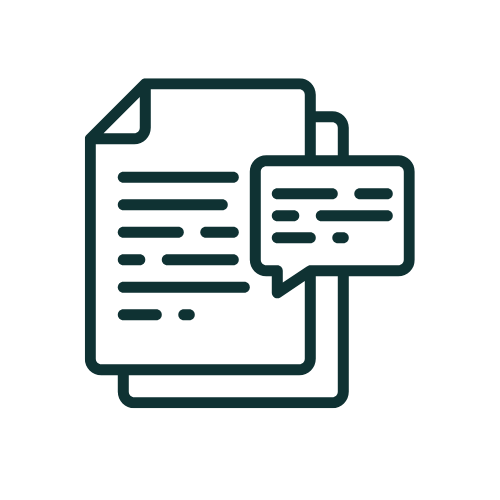
Educational Resources and Workshops: Enhancing Learning and Professional Development
September: 2025 | Source: Wiley Author Services
In the past few decades, we have faced some shifts in education from a classroom-based approach to a blended and technology-based approach to learning. Educational resources and workshops assumed a role of importance within traditional education as access to information and learning-changing opportunities, as we experience a shift to blended and technology-based education, educational resources: longitudinal datasets (textbooks, e-learning and open educational resources (OERs), simulations), and workshops: inclusive interaction and experiential education opportunities (learning through collaboration, collaboration, reflective practice etc.) now assumes a life of their own together contributing to academic and professional development.[1], [2]
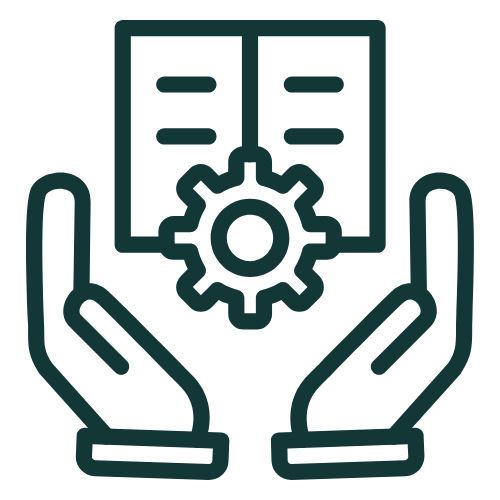
The Role of Educational Resources
Educational resources include all tools, materials, and platforms that are used to facilitate teaching and learning. Educational resources can be classified into traditional (textbooks, print materials, physical labs) and digital (i.e., e-books, MOOCs, open access content, and LMSs). Research shows that high-quality educational resources improve student engagement, improve the active learning process, and help to accommodate learning styles (Hilton, 2016). [3]
| Accessibility and Equity | Personalization of Learning | Research and Skill Building |
|---|---|---|
| Open Educational Resources (OERs) have really gained momentum globally as inexpensive and accessible substitutes for expensive textbooks. They democratize education by minimizing financial prohibitive actions and providing updated, peer-reviewed resources at no cost (Wiley, 2014). [4] | Digital platforms allow for adaptive learning because, through user data and analytics, content can be adapted to the speed of learning and prior knowledge of the individual. Research indicates that the use of personalized learning resources can positively impact learner’s retention and motivation (Pane et al. 2015). [5] | Educational resources also support the advance of research and skills by including data repositories, case studies, and scientific databases within academic programs. In this way, educational programs are grounded in situational, real-world challenges, effectively preparing students to present their work to industry or as scholarly activity. |
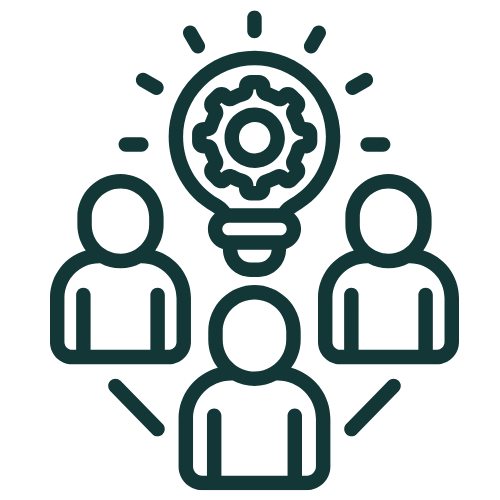
The Importance of Workshops in Education
Workshops follow an instructional format that includes a strong emphasis on experiential and interactive. They are widely used in the academic world, corporate training, and professional organizations.
| Active and Collaborative Learning | Workshops encourage collaborative problem-solving and critical thinking. Research shows that students receiving training using workshops perform better on knowledge application than through lectures (Prince, 2004). |
|---|---|
| Professional Development | For professionals, workshops are critical for ongoing skills development. For professions in the areas of the healthcare field, engineering, and education, workshops are used to provide an opportunity to update knowledge in accordance with new technologies and compliance changes (Steinert et al., 2016).[6] |
| Linking Theory with Practice | Workshops are very beneficial for linking theoretical frameworks with practical application. STEM workshops often include lab-based problem-solving, coding exercises, or else prototyping projects where learners use classroom knowledge during the hands-on experience.[7] |
| Community and Networking | Workshops stimulate not only skills development but also networking, thus providing the opportunity for collaboration with peers, experts and practitioners. In turn, this peer-learning provides an opportunity for co-innovation, and inter-disciplinary conversations (Kolb & Kolb, 2005). |
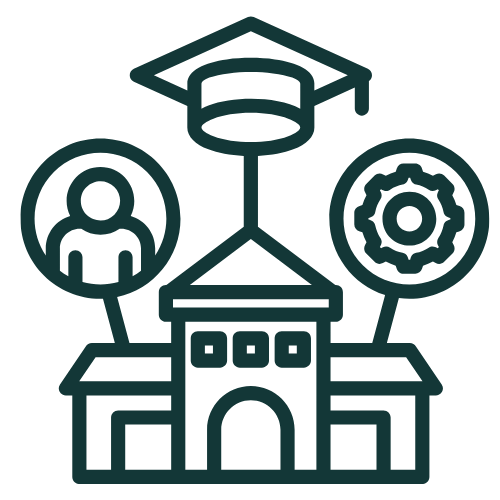
Integration of Resources and Workshops
While resources and workshops can be strong sole, collaboratively they create a learning ecosystem. For example, included in an online workshop, the pre-workshop reading (resource) allows learners to conduct interactive exercises in workshop sessions, the post-workshop digital modules reinforced learning outcomes. These are examples of how packaged resources and workshops are combining to match blended learning practices, which have been found to positively affect students’ performance and engagement (Garrison & Vaughan, 2008).
The proliferation and accessibility of resources, particularly in educational institutions and training organizations adopting flipped classroom model, exemplify this approach as individual consumption of resources (prioritizing pre-recorded lectures and digital textbooks) can make the most of workshop time for problem solving and discussion and can intertextual knowledge.
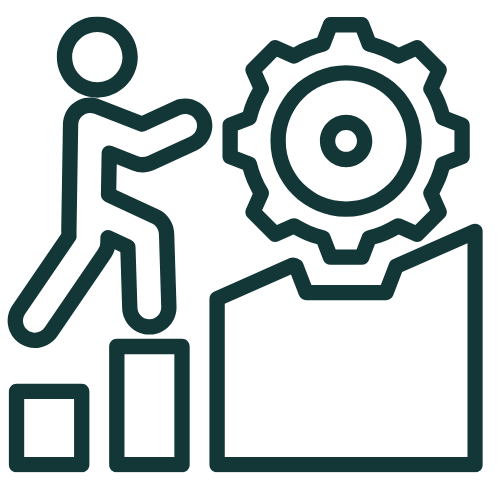
Challenges and Future Directions
While still effective, there are obstacles that prevent the effective use of educational resources and workshops. [8]
- Digital Divide: Limited access to technology and the internet may impede equitable access, especially in low-resource contexts.
- Quality Assurance: Not all OERs or workshops utilize rigorous academic standards, creating the dilemma of needing strong evaluation framework.
- Scalability: Workshops can also be highly impactful; however, while scaling workshops for a large group has proven difficult due to limits in resources, and number of facilitators available to support the program.
Future actions are pointing to a hybrid learning ecosystem which incorporate artificial intelligence, virtual reality, or data mining to saturate educational resources and workshops with personalized resources. We could also support policies that might further promising open access publishing practices, subsidizing professional training, and benefiting the accessibility and impact.

Conclusion
In contemporary learning, educational resources and workshops are not only complementary. The resources offer knowledge and accessibility, while the workshops offer experiential learning and collaborative learning experiences. Both the resources and workshop work together to deeper theoretical understanding and practical skills that lead to more effective, inclusive, future-ready learning futures.
Looking to enhance your academic and professional development with top-tier educational resources and workshops? Pubrica provides expert guidance on integrating innovative learning tools and training solutions to elevate your research, education, and skills development
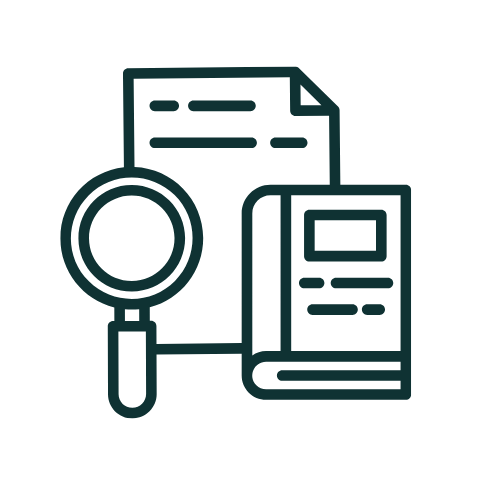
References
- (N.d.). Retrieved September 4, 2025, from Researchgate.net website: https://www.researchgate.net/publication/2771977
- Hilton, J., III. (2016). Open educational resources and college textbook choices: a review of research on efficacy and perceptions. Educational Technology Research and Development: ETR & D, 64(4), 573–590. doi:10.1007/s11423-016-9434-9
- Alberola-Mulet, I., Iglesias-Martínez, M. J., & Lozano-Cabezas, I. (2021). Teachers’ Beliefs about the Role of Digital Educational Resources in Educational Practice: A Qualitative Study. Education Sciences, 11(5), 239. https://doi.org/10.3390/educsci11050239
- van Wee, B. (2022). Accessibility and equity: A conceptual framework and research agenda. Journal of Transport Geography, 104(103421), 103421. doi: 10.1016/j.jtrangeo.2022.103421
- Marienko, M., Nosenko, Y., Sukhikh, A., Tataurov, V., & Shyshkina, M. (2020). Personalization of learning through adaptive technologies in the context of sustainable development of teachers education. Retrieved from http://arxiv.org/abs/2006.05810
- Wikipedia contributors. (2025, July 19). Professional development. Retrieved from Wikipedia, The Free Encyclopedia website: https://en.wikipedia.org/w/index.php?title=Professional_development&oldid=1301434463
- Korthagen, F. A. J., & Kessels, J. P. A. M. (1999). Linking Theory and Practice: Changing the Pedagogy of Teacher Education. Educational Researcher, 28(4), 4-17. https://doi.org/10.3102/0013189X028004004
- Luan, H., Geczy, P., Lai, H., Gobert, J., Yang, S. J. H., Ogata, H., Baltes, J., Guerra, R., Li, P., & Tsai, C. C. (2020). Challenges and Future Directions of Big Data and Artificial Intelligence in Education. Frontiers in psychology, 11, 580820. https://doi.org/10.3389/fpsyg.2020.580820







